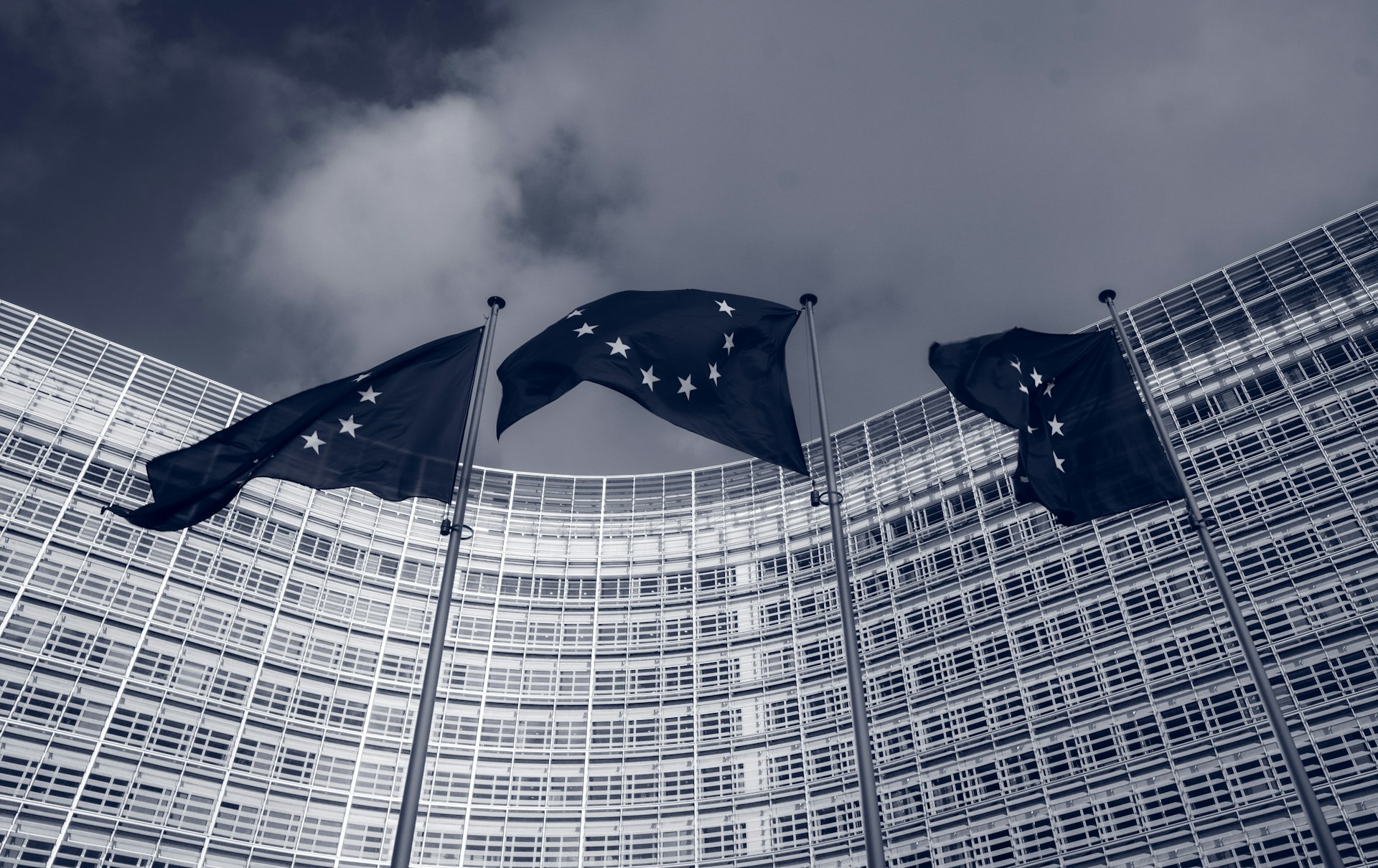Dubrovnik wasn’t all grand speeches and flashing cameras. Away from the main stage, in the quiet of a hotel side room, Romanian MEP Teodorescu offered a candid take on one of Europe’s most divisive issues. There was no diplomatic varnish—just a firm message: when it comes to migration, Europe’s leaders are charging ahead without pausing to weigh the consequences.
“It feels like they’re just hurrying to bring in more people from outside the EU,” she said, leaning forward slightly. Her voice stayed calm, but there was concern in her eyes. She talked about the huge influx of newcomers, some legal, others illegal, and how the European Union seems to be lowering the bar for how long it takes migrants to settle in and start working. Six months, she noted, just isn’t enough time for people from entirely different cultures to learn the language, the social norms, or how things run day-to-day in a European country.
To be clear, Teodorescu acknowledged that many newcomers are fleeing terrible situations. Romania itself has given shelter, education, and even jobs to Ukrainians escaping the war. “We’re not heartless,” she said, recalling how her country opened its doors during a time of crisis. But what troubles her is the sense that the EU is too eager to swing open the gates for everyone, without a real plan for what comes next.
“We can’t just ignore what this does to our own citizens,” she said gently. “Of course we should help people who are suffering. But we also have responsibilities to the families who’ve lived here for generations.” She pointed out that Romania, like many other European nations, has lost millions of its own people to richer states within the EU. “We need to bring them back,” she said. “We should be working on giving them reasons to return home, jobs that pay well, and a life that’s worth coming back to. If we don’t, who’s really benefiting?”
Teodorescu also worries about what might happen if too many newcomers arrive illegally without proper oversight. She’s heard stories from partners in countries like Italy, Spain, and Sweden—places already struggling with rising crime and social tensions linked to immigration. Romania isn’t there yet, but she’s not naive. She believes in setting up stronger national laws and giving the police and border forces the tools they need to keep communities safe.
Another big concern for her is Europe’s declining birthrate. Instead of trying to fix that problem by making it easier for Europeans to have and raise families—more affordable housing, better jobs—Teodorescu thinks the EU is simply trying to patch the gap with newcomers from other parts of the world. “Shouldn’t we be helping our own young people first, so they can start families and keep our traditions alive?” she asked, brows knit. “If we never address why Europeans aren’t having kids, how can we preserve who we are?”
Throughout our conversation, I never got the sense that Teodorescu was advocating for shutting the door completely. It seemed more like she wanted the EU to slow down and actually think things through. Help those who truly need it, yes, but don’t forget the home front. Don’t break what’s already working. Don’t ignore the problems that drove Europeans away in the first place.
By the time we wrapped up, the mood in the room was thoughtful, not hostile. She sees Europe at a pivotal moment—either we craft careful policies that let us help others without losing ourselves, or we plunge forward blindly and hope for the best.
Before I left, Teodorescu gave a small shrug and offered a final thought. “We have to protect our own people first,” she said quietly. “Only then, when we’re strong and stable, can we truly help others. If we forget who we are, what do we have left to offer?”
